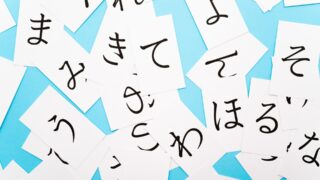
Mao Goto is a Japanese freelancer who was born in Hayama, Kanagawa prefecture, and raised in Tokyo. Since 2016 she lives in the Taito Ward, home to a lot of Japanese culture hotspots such as Asakusa, Akihabara, and Ueno. She has been interested in the field of English education in Japan and got her Master’s degree in March 2020. A lover of photography, travel, sweets, and cross-stitch. Contact her via Facebook.
This post may contain some affiliate links. When you click through and make a purchase we may receive some commission, at no extra cost to you.
If you are studying Japanese, you have to come across “Japanese-English” at least once. The Japanese language is known for borrowing and arranging words from other languages to create its own unique ways of expression, and Wasei-Eigo (和製英語) is one such example. This is one of the linguistic phenomena in which English words and phrases are used in a uniquely Japanese context or transformed into new meanings. In this article, we will introduce 10 interesting and practical Wasei-Eigo phrases that you may hear in everyday conversation in Japan or in the media!
- 1. ワンチャン (wanchan): “One Chance”
- 2. サラリーマン (sararīman): Salaryman
- 3. ドンマイ (donmai): Don’t mind
- 4. マイペース/マイブーム (maipēsu/maibūmu): My pace/my boom
- 5. アルバイト (arubaito): Part Time Job
- 6. コスパ (kosupa): Cost Performance
- 7. イメチェン (imechen): Image Change
- 8. ペーパードライバー (pēpā doraibā): Paper Driver
- 9. ライブハウス (raibuhausu): Live House
- 10. コンセント (consento): Consent
- Japan Wonder Travel Tours
- Other articles you might be interested in
1. ワンチャン (wanchan): “One Chance”

The term “ワンチャン” originates from the English phrase “one chance”. This term originally originated in the world of mahjong and refers to the possibility of turning the tables with a single chance.
Example sentence:
学校の授業に遅れそうだけど、全力疾走すれば、ワンチャンかもしれないよね?
Gakkou no jugyou ni okuresou dakedo, zenryoku shissou sureba, wanchan kamoshirenai yo ne?
I’m going to be late for school, but if I run as fast as I can, I might have a chance, right?
2. サラリーマン (sararīman): Salaryman

“サラリーマン” is a Japanese phrase that combines “salary” and “man” from English. Its direct translation would be “someone who earns a living through a salary.” “Salaryman” typically implies full-time, white-collar employees and office workers.
Example sentence:
彼は忙しいサラリーマンで、いつも毎日残業しています。
Kare wa isogashii sararīman de, itsumo mainichi zangyō shiteimasu.
He is a busy office worker, always working overtime every day.
3. ドンマイ (donmai): Don’t mind

“ドンマイ” is a phrase with an encouraging connotation, such as “don’t worry about it” or “it’s fine”. It is especially used to encourage someone who has made a mistake or blunder. In English, it is directly translated as “Don’t mind,” but in Japanese context, it is translated as the positive meaning and is frequently used to cheer up one another, or to encourage someone not to worry about something.
Example sentence:
今日の試合は負けちゃったけど、ドンマイ。次頑張ろう。
Kyou no shiai wa makechatta kedo, donmai. Tsugi ganbarou.
We lost today’s game, but never mind. Let’s do our best next time.
4. マイペース/マイブーム (maipēsu/maibūmu): My pace/my boom
“マイペース” refers to “doing things at a rate of progress that suits you, without adjusting to your surroundings,” and is expressed in English as “my own pace”.
Example sentence:
あの人はいつもマイペースで仕事をするから、仕事が終わるのが遅いよ
Ano hito wa itsumo maipēsu de shigoto o suru kara, shigoto ga owaru no ga osoi yo.
That guy always works at his own pace, so he’s always late getting the job done.
“マイブーム” means “something you’re into”. It can be anything that you are into. Often times you will hear this phrase when someone is talking about their hobbies, dramas, and other things. The english translation of this would be “My boom.”
Example sentence:
最近サウナに通うことがマイブームなんです。
Saikin sauna ni kayou koto ga maibūmu nan desu.
I’ve been really into going to the sauna lately.
5. アルバイト (arubaito): Part Time Job

“アルバイト” is derived from the German word “Arbeit” and means “labor.” However, in Japan, it is commonly thought of as a “Part-time Job”. It refers to a way of working where it allows students to earn pocket money from a part time job while going to school. Typically work hours are relatively short or only some days of the week.
Example sentence:
アルバイト募集のお知らせ。
Arubaito boshuu no oshirase.
Notice of part-time job recruitment.
6. コスパ (kosupa): Cost Performance

“コスパ” is an abbreviation of the English term “cost performance”. It is a concept that compares the cost paid with the overall effectiveness. If a service or product is low-priced and of high quality, it can be described as “good cost performance ratio” or a good value for money, while if it costs a high price and little quality effect, it is said to be “bad cost performance ratio” or poor value for money.
Example sentence:
このレストランはコスパが素晴らしいです。
Kono resutoran wa kosupa ga subarashii desu.
This restaurant is a great value.
7. イメチェン (imechen): Image Change

The term “イメチェン” is shorthand for the English term “image-change”. In other terms, it can be explained as the process of consciously changing one’s impression or image, usually the act of creating a new impression through a change in appearance or personality. The term is used primarily in positive contexts and is equivalent to “makeover” in English.
Example sentence:
彼はイメチェンをすることで、自信を取り戻した。
Kare wa imechen wo suru koto de, jishin wo torimodoshita.
He regained his confidence by doing a makeover.
8. ペーパードライバー (pēpā doraibā): Paper Driver

The term “ペーパードライバー” is used to describe people who have a driver’s license but have little actual driving experience. The origin of the term includes the Japanese word “ペーパー (paper)” which also has the connotation of “nominal”. In other words, a paper driver refers to a person who is legally qualified to drive with a driver’s license but lacks practical experience. This is used in English as well, but more generally by saying something “looks good on paper”, as if to say whats written looks wonderful, but the reality of it is much different.
Example sentence:
彼、免許は持ってるんだけど、実際の運転あんまりしないから、ペーパードライバーという感じかな?
Kare, menkyo wa motterun dakedo, jissai no unten anmari shinai kara, pēpā doraibā toiu kanji kana?
He’s got a license and all, but he doesn’t really drive much… he’s really only qualified on paper.
9. ライブハウス (raibuhausu): Live House

The term “ライブハウス (live house)” can be taken literally to “living house,” but in Japan it mainly refers to venues where live music performances are held. Such venues are places where artists or bands perform live music for their audience to enjoy. In English, these spots are commonly known as “live music venues”.
Example sentence:
今週末、友達と一緒にライブハウスに行く予定なんだ。
Konshūmatsu, tomodachi to issho ni raibuhausu ni iku yotei nan da.
I’m planning to go to a live music event with my friend this weekend.
10. コンセント (consento): Consent
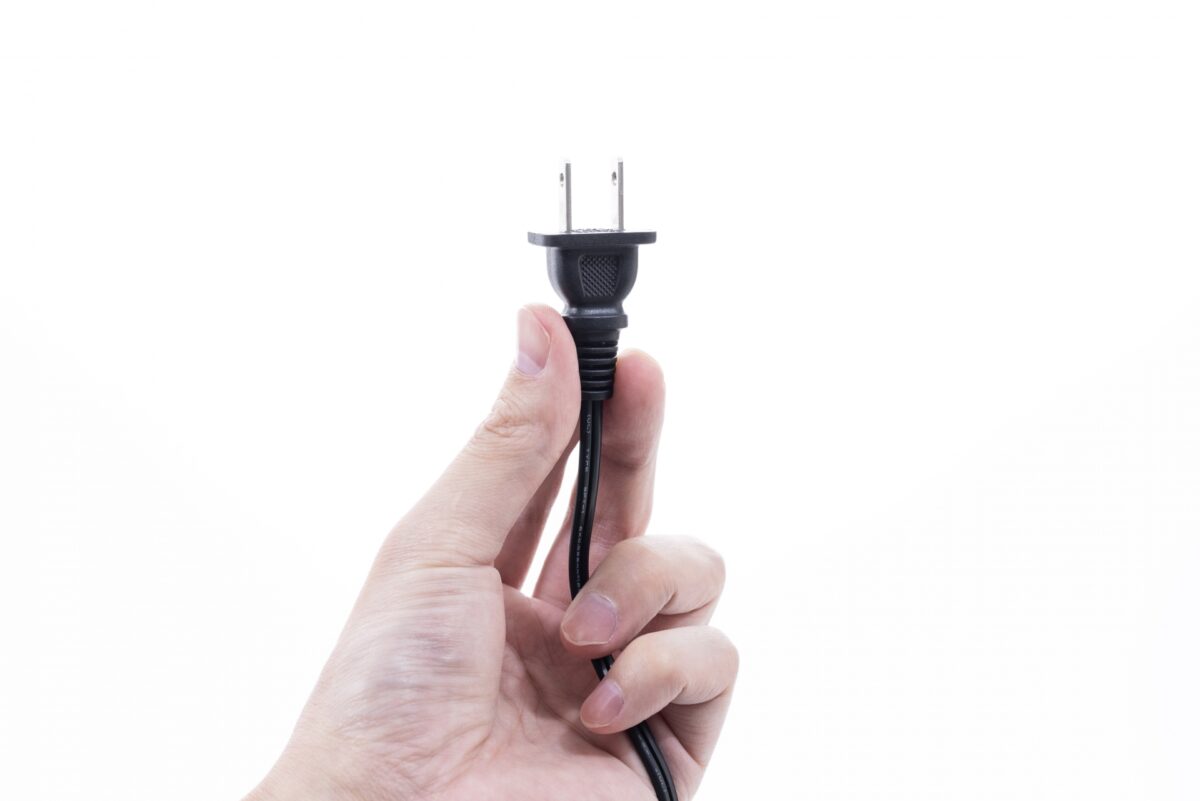
The word “コンセント (consent)” directly translated means “to agree”, but that is not what it means in Japan! Here, the word “コンセント” is equivalent to the English word “outlet” and refers to an electrical outlet. This word is derived from the English “concentric plug. “In the Meiji period it was called “concentric plug” when referring to a circular power supply device imported from Europe. Later, it changed to the current name and started to refer to outlets in general.
Example sentence:
コーヒーメーカーを使うために、キッチンのコンセントにプラグを差し込んだ。
Koohīmēkā wo tsukau tame ni, kitchin no konsento ni puragu o sashikonda.
I plugged in the coffee maker into the kitchen outlet to use it.
We have introduced 10 Japanese-English or “Wasei Eigo” phrases in this article, but did you find any of them interesting? Of course, there are many more interesting Japanese-English words in Japanese than these. Let’s go on a journey to discover the depth and uniqueness of the Japanese language, share the joys of Japanese English, and gain a new appreciation for Japanese culture.
Japan Wonder Travel Tours
Japan Wonder Travel is a travel agency that offers guided tours throughout Japan.
From private walking tours to delicious Food and Drink tours, we can help you organize the best tours just for you! If you want to explore Japan and learn more about the history and backstories of each area you are visiting, our knowledgeable and friendly English speaking guides will happily take you to the best spots!
In addition, we can provide you with any assistance you may need for your upcoming trip to Japan, so please feel free to contact us if you have any questions or need some help!
▶Tokyo Tsukiji Fish Market Food and Drink Tour
Explore the most lively and popular fish market in Tokyo and try some of the local’s favorite street foods and sake with one of our friendly and knowledgeable English speaking guides!

▶Tokyo 1–Day Highlights Private Walking Tour (8 Hours)
There’s no better way to explore an area than taking a tour with a knowledgeable local guide. You will have the chance to learn about the history and interesting background stories of Tokyo, as well as discover some hidden gems which can be hard to do without a guide.
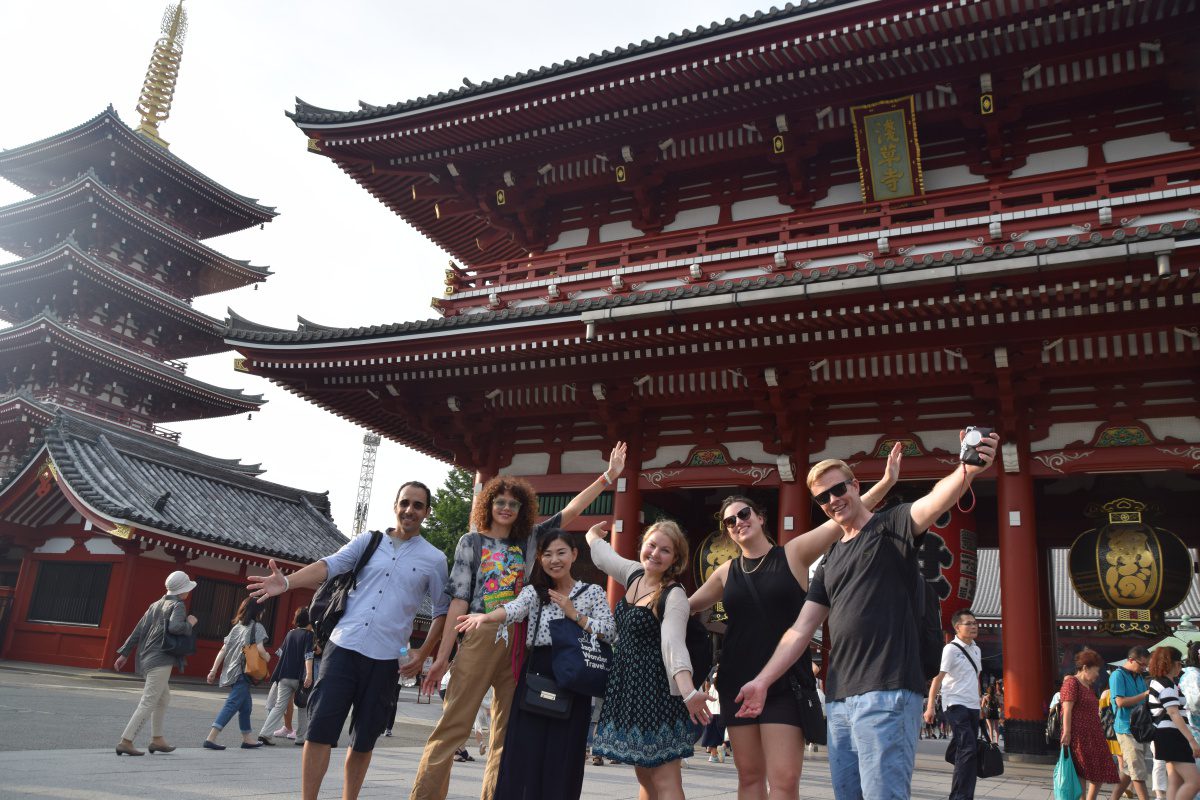
▶Mt. Fuji Day Trip Bus Tour from Tokyo
Experience the breathtaking views of Mt. Fuji by visiting the highlights of the area on our guided sightseeing bus tour! Departing from Shinjuku in central Tokyo, you can travel comfortably to all of the best spots in the area by bus.
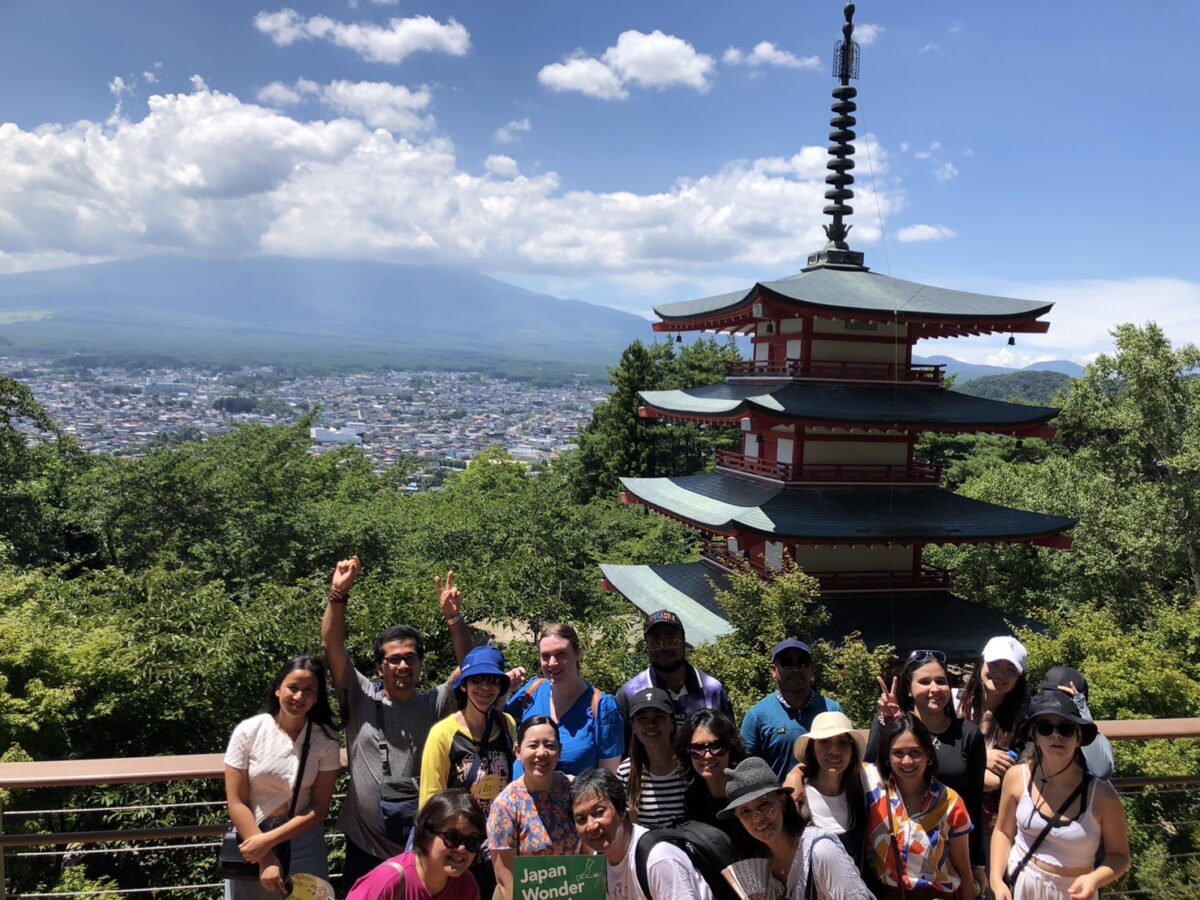
▶Kyoto Private Full Day Walking Tour
On this full-day private tour of Kyoto, you will be able to see the highlights of Kyoto in just one day and at the same time develop a deeper understanding of both the culture of the area and Japan as a whole.
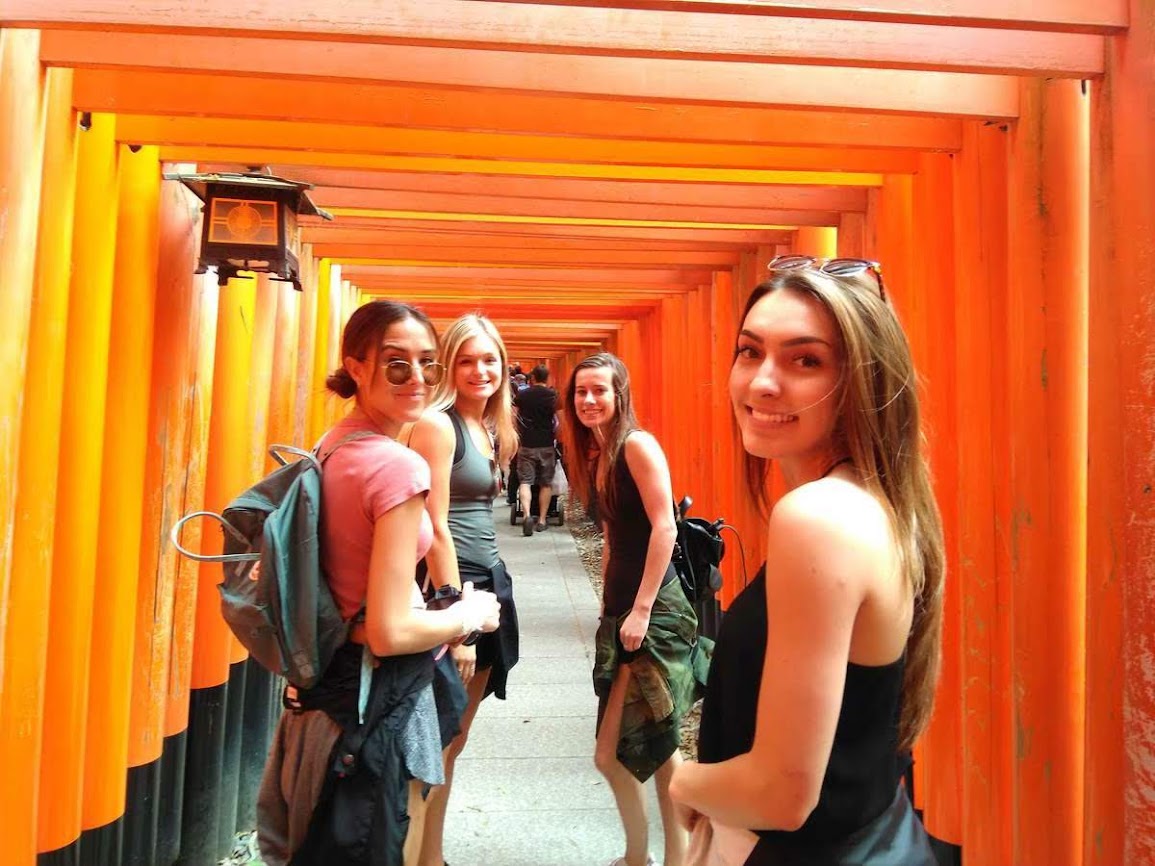
Follow us on Instagram, Facebook, Twitter, and TikTok for more travel inspiration. Or tag us to get featured!
Happy traveling!
Stay informed of the best travel tips to Japan, the most exciting things to do and see, and the top experiences to have with the Japan Wonder Travel Newsletter. Every week we will introduce you to our latest content.

